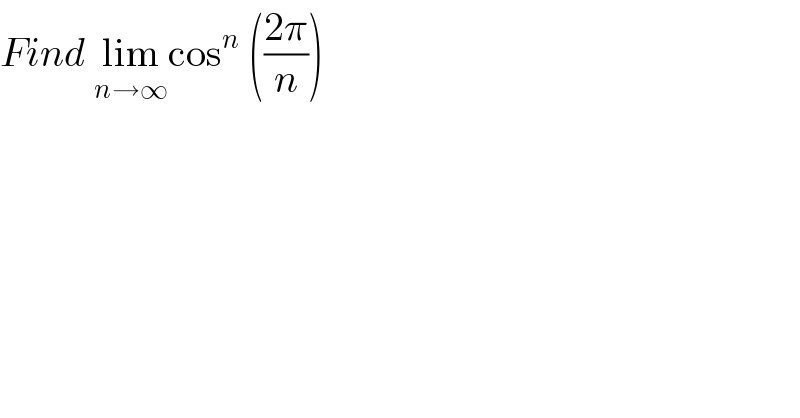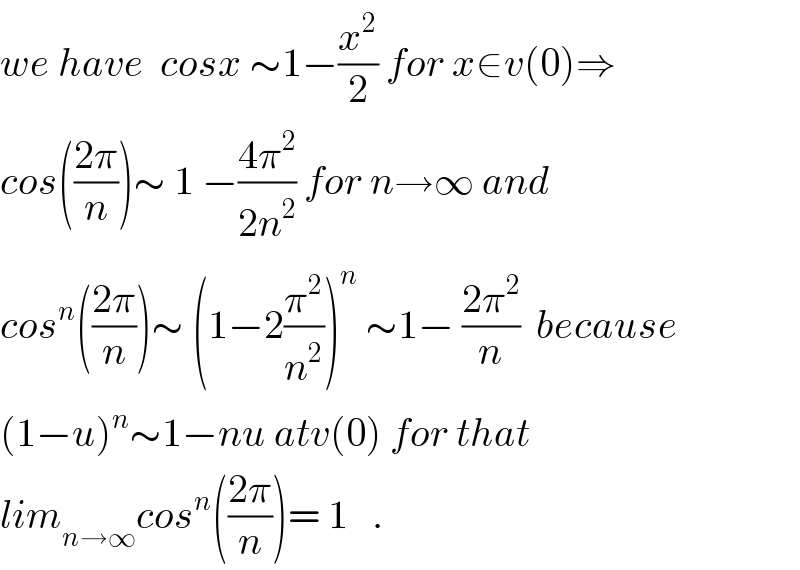
Question and Answers Forum
Question Number 30282 by Tinkutara last updated on 19/Feb/18

Commented by prof Abdo imad last updated on 20/Feb/18

Commented by Tinkutara last updated on 20/Feb/18

Commented by abdo imad last updated on 20/Feb/18

| ||
Question and Answers Forum | ||
Question Number 30282 by Tinkutara last updated on 19/Feb/18 | ||
 | ||
Commented by prof Abdo imad last updated on 20/Feb/18 | ||
 | ||
Commented by Tinkutara last updated on 20/Feb/18 | ||
 | ||
Commented by abdo imad last updated on 20/Feb/18 | ||
 | ||